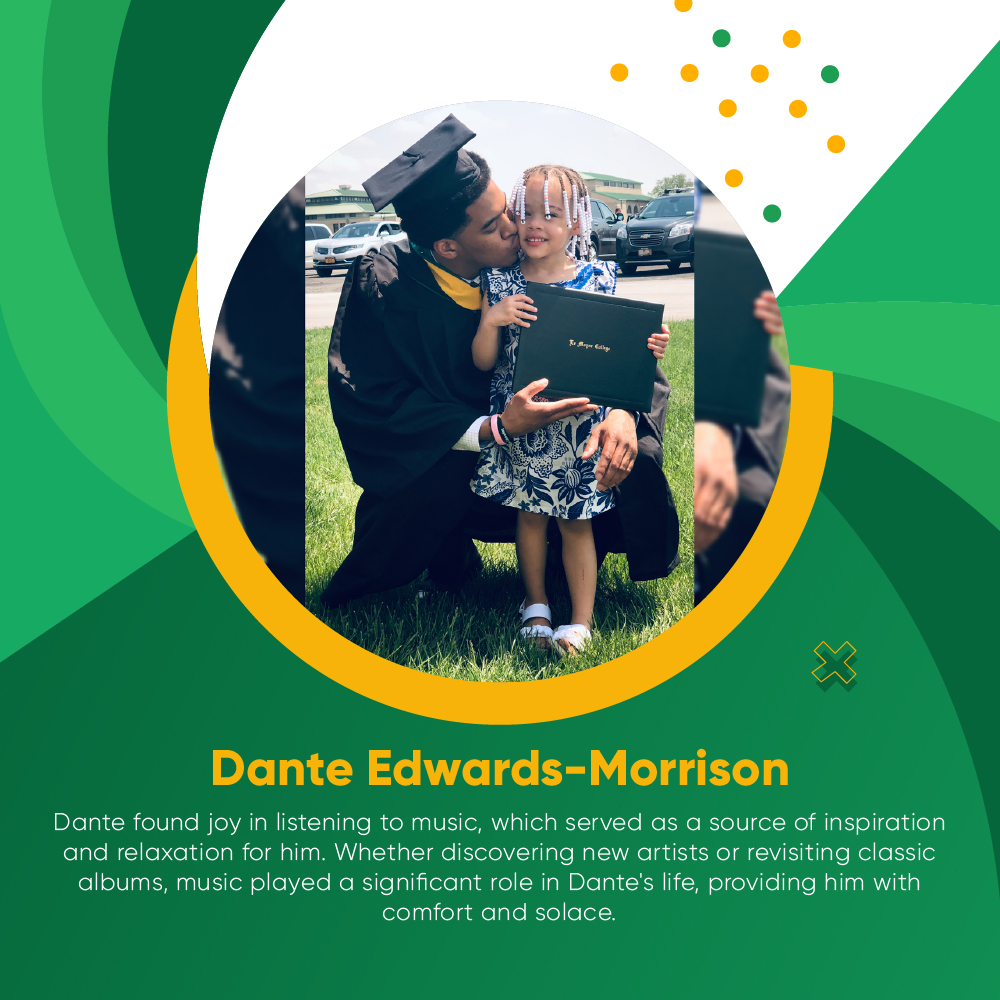
Music is more than sound; it’s a language of emotions, memories, and cultural heritage of music that weaves its way into the fabric of our lives. From the first lullabies sung to us as infants to the anthems that define our teenage years and beyond, music shapes our identities and narrates our experiences like no other art form. In this exploration, we delve into the intricate relationship between music and the human experience, examining how it crafts our identities and weaves its melodic tapestry through the chapters of our lives.
The Formative Power of Music in Identity Construction
Our musical tastes are not merely preferences; they reflect who we are, where we come from, and what we value. From childhood, we are exposed to many musical influences that lay the foundation for our identities. Whether it’s the folk songs sung by our grandparents, the pop hits blaring from the radio, or the classical compositions played during family gatherings, these early musical experiences shape our cultural identities and inform our musical preferences.
As we grow older, music plays a central role in constructing our identities, serving as a mirror through which we explore our emotions, beliefs, and aspirations. Adolescence, in particular, is a time of intense musical exploration as we seek out songs and artists that resonate with our evolving sense of self. Whether it’s the rebellious anthems of rock and roll or the introspective lyrics of singer-songwriters, music provides a soundtrack to the tumultuous journey of self-discovery and self-definition.
The Emotional Resonance of Music
Few things can evoke emotions as profoundly and universally as music. From the haunting strains of a melancholy ballad to the exuberant rhythms of a celebratory anthem, music can touch our hearts, stir our souls, and transport us to another time and place. Whether we’re listening to music alone in our rooms or singing along with thousands of strangers at a concert, music can move us in ways that defy explanation.
Research has shown that music profoundly affects our emotional well-being, with certain songs and genres eliciting specific emotional responses. Classical music reduces stress and anxiety, while upbeat pop songs boost mood and energy levels. Music therapy for mental health, a form of treatment that uses music to address emotional, cognitive, and social needs, is effective in treating a variety of mental health conditions, including depression, anxiety, and PTSD.
The Social Significance of Musical Experiences
Music is not just a solitary experience; it’s a communal one that brings people together, fosters connections, and strengthens relationships. Whether it’s bonding with friends over a shared love of a favorite band or dancing with strangers at a music festival, music can create moments of unity and belonging that transcends language, culture, and background.
Shared musical experiences serve as a form of social currency within social groups, with shared musical tastes often serving as a bonding agent among friends, family members, and romantic partners. Whether attending concerts together, swapping playlists, or discussing the latest releases, music provides a common language through which we can connect with others and deepen our relationships.
Furthermore, music can unite us in celebration and mourning, providing comfort and solace during life’s most challenging moments. Music can evoke shared emotions and experiences, bringing people together in moments of joy, sorrow, and reflection, whether it’s a wedding march or a funeral dirge.
The Digital Revolution and the Evolution of Musical Identity
In today’s digital age, how we consume and interact with music has profoundly transformed. With the advent of streaming platforms and social media, we now have access to an unprecedented amount of music worldwide, allowing us to curate personalized playlists and quickly discover new artists.
While this digital revolution has expanded our musical horizons and connected us to a global community of music lovers, it has also raised questions about the impact of technology on our musical identities and experiences. With algorithms and recommendation engines shaping our listening habits, are we losing touch with music’s emotional depth and cultural significance? Or are we simply adapting to new musical expression and consumption modes in an increasingly interconnected world?
The melodic tapestry of life is woven with the threads of music, connecting us to our past, grounding us in the present, and guiding us into the future. From the cradle to the grave, music shapes our identities, narrates our experiences, and binds us together to celebrate the human experience. As we continue on our journey through life, let us embrace the transformative power of music and allow it to uplift our spirits, soothe our souls, and remind us of the beauty and complexity of the world around us.